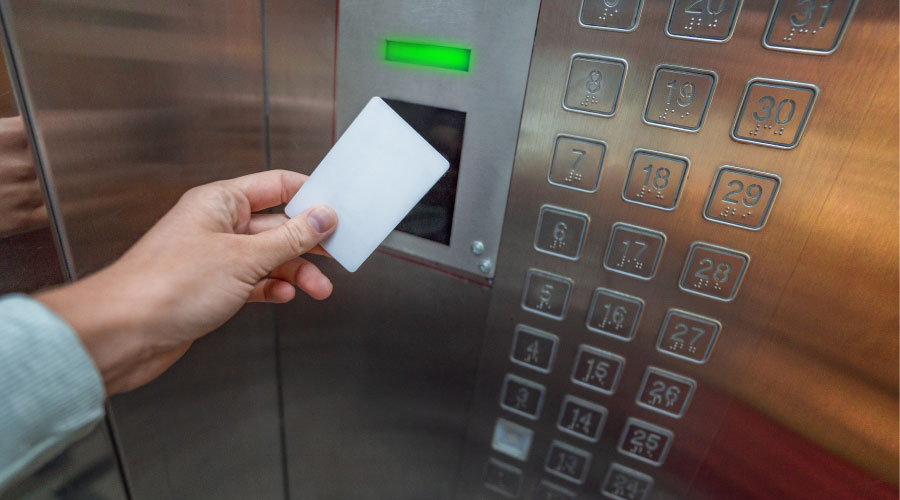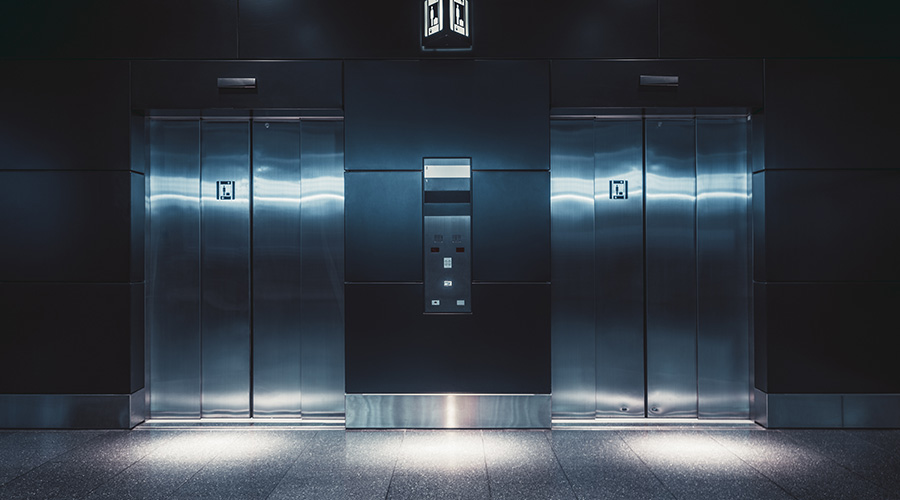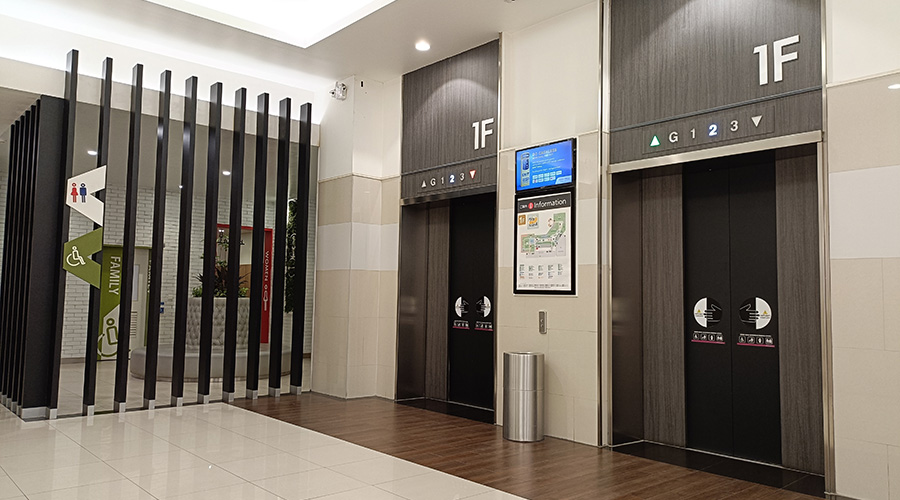Good Maintenance Contractors Help Keep Elevators Safe, Reliable
The elevator manufacturers offer service contracts and technicians from one manufacturer can work on a non-proprietary elevator from other manufacturers. In-house technicians or large-scale contractors also offer certain assurances in terms of training and education. But, in many AHJs, there are no licensing requirements for technicians.
Culp, who is also the board of directors president of Elevator U, an association of elevator professionals at universities, has detailed requirements for what constitutes an acceptable contractor.
"We have a good variety of equipment, so we require a certain number of years in the trade," and diversity of equipment worked on, says Culp. "There's no licensing requirement since Maryland is just now starting to write the licensing requirements for elevator mechanics."
There are some tasks that don't need a trained technician — changing light bulbs, for example — but anything beyond the very basics requires a good technician, says Ron Burton, codes consultant, BOMA.
"For the most part, building managers will try to leave this to someone who does this all the time rather than trying to do it themselves or train their people to do it," Burton says. "If you're going to have someone work on the elevator mechanics — the doors, how the elevator works itself — yes, you need somebody who's certified and knows what they're doing."
There are a few things you can look for to help ensure you're getting a qualified contractor, says Reid. The first is participation in the National Elevator Industry Educational Program (NEIEP), which is a co-op between the manufacturers and the International Union of Elevator Contractors. Another education-based option is participation in the NAEC's Certified Elevator Technician (CET) program. There are also some metrics that can be looked at, such as average units per mechanic, response time and preventative maintenance time assigned.
Knowing that you're hiring someone to work on a machine they're familiar with is also critical. "You don't want someone that's used to doing three-stop hydraulic elevators in churches suddenly coming in and doing the inspections and maintenance on your 50-story high rise office building," Black says.
Elevators require a big investment, both in initial expense and ongoing maintenance. By paying close attention to standards and the qualifications of technicians, facility managers can ensure that they stay reliable — and more important, safe — for a long time.

Visit www.facilitiesnet.com/13193BOM for online-only content on elevators being used for evacuations and an overview of Elevator U, an association of elevator professionals at universities.
|
Related Topics:















